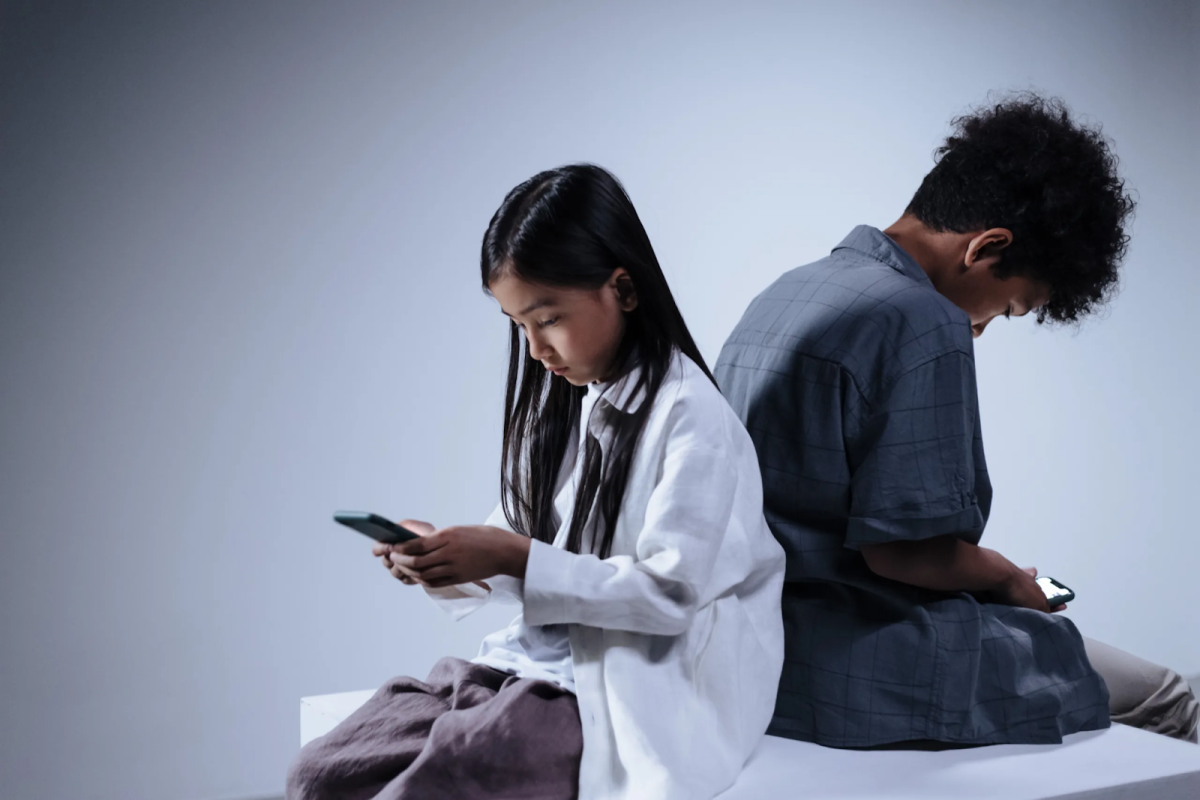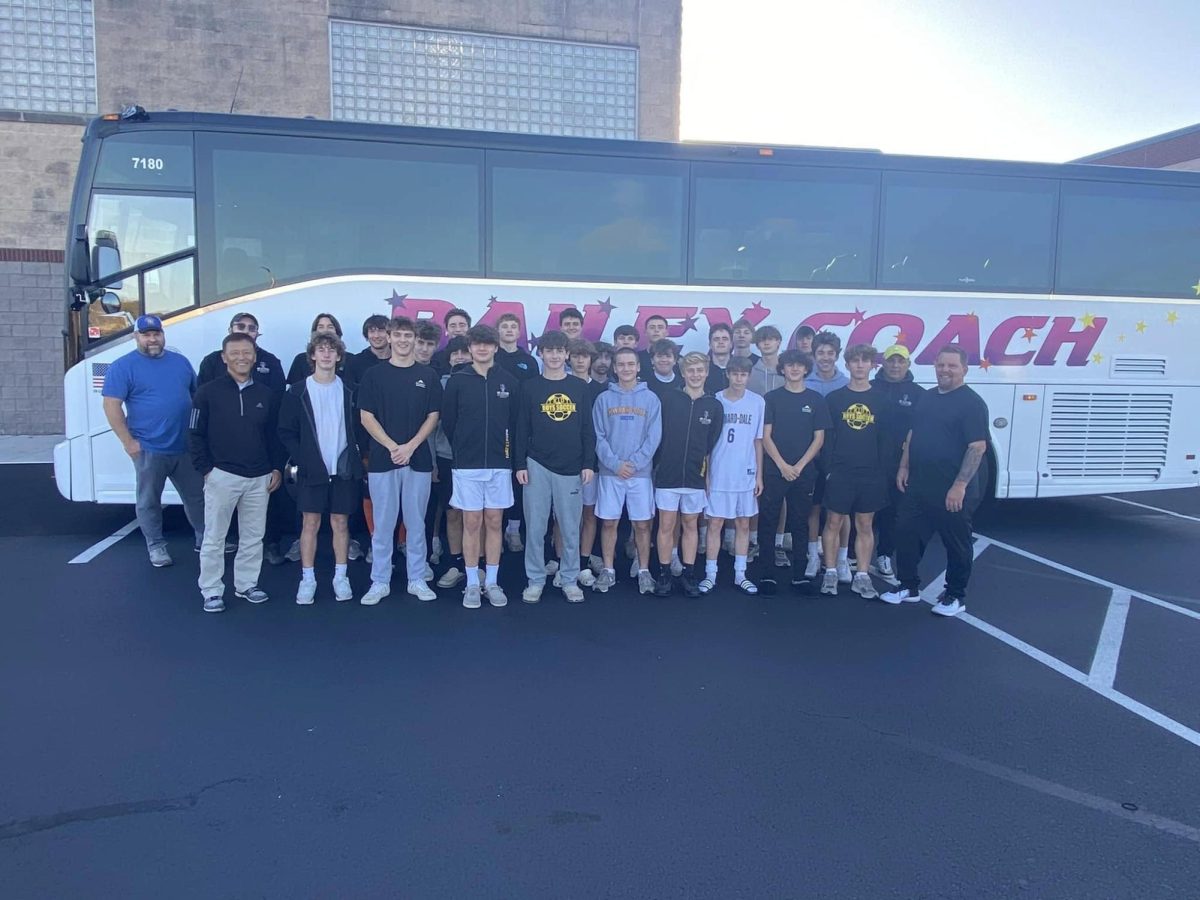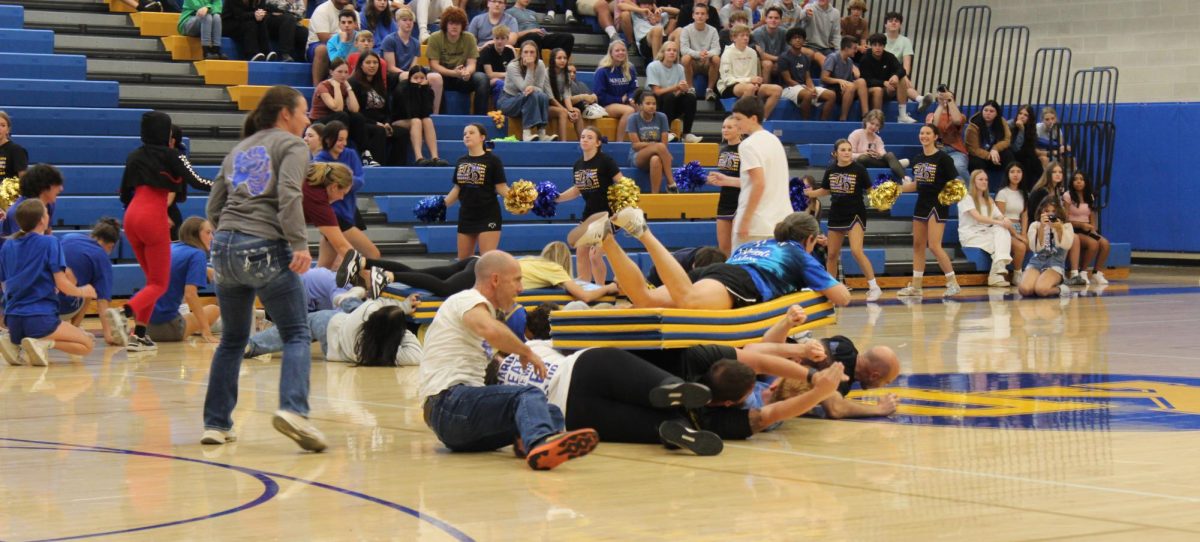With technological advancements becoming more and more frequent, social media usage is at an all-time high. Social media can be used to bring people together, share thoughts, provide jobs, build relationships, access information easily, and it can even be used for educational purposes… But social media is not always beneficial to society. There is controversy surrounding social media platforms and the lack of professional and financial protection against the exploitation of young children by their parents.
Since many social media sites require users to be a minimum of 13 years old to own and operate an account, parents have initiated setting up these sites for their children. Many parents then team up with different brands to promote products or model clothing, and they do this by using photos or videos of their children. For example, companies will pay thousands of dollars to have a child model a dance leotard or swimsuit, which sounds harmless in its nature, but is not so harmless in the eyes of a predator or pedophile, who now has easy access to photos and videos of a child in tight clothing. Accounts that are managed by moms are now accessible by men with malicious intentions.
Many “mom-agers” enter the industry with the idea that these brand collaborations will provide their children with new opportunities, such as college recruitment or jobs in their futures. In an investigation done by The New York Times, an online post showing a 9-year-old girl in a golden bathing suit was met with a comments section “full of sexually suggestive remarks.” These predators receive no punishment, as the photos they are looking at were published publicly, and the children only have their money-hungry parents to blame for their future full of strange comments from even stranger people.
This is not only a problem for young, aspiring models, but also for the children who were born into influencer families. Family influencers seem to have no limits in regard to what information or footage they share online. An innocent video of a child’s nighttime routine becomes dangerous when millions of people end up watching a child take a bath or put on their pajamas. Families searching for fame and money end up exploiting their children in order to achieve such. Vulnerable moments are shared for views and the children have little-to-no control over it.
TikToker Jacquelyn Paul is currently facing slander against the exploitation of her young daughter, Wren. After being told she should be more cautious about what footage she decides to share of her daughter, she has refused to acknowledge her wrongdoings and started blocking those that would call her out on it. She then went out of her way to take videos of her daughter engaging in activities with the intent to stir controversy and bring more views to her account. For example, during the spring of 2023, Paul’s comments were flooded with inappropriate and incredibly concerning remarks from older men about her 3-year-old daughter’s looks, body and even traits, such as her voice or laugh. In response, she went on to post a video of Wren eating a pickle, and another of her daughter playing with tampons (The University of Chicago).
Though the thoughts and feelings of these children are overlooked and often just plainly disregarded, some influencer families make upwards of $40,000 from a single sponsored post. This newfound wealth allows them to take more frequent vacations, meet famous people, and even quit their full-time jobs to focus on their career as influencers. This wealth, however, is built off of their children and how much they are willing to share about them. Is the complete violation of children’s privacy worth it for an extra trip to the beach?
The Convention on the Rights of the Child feels that the exploitation of children online will impact them the same as if they were sexually exploited or even domestically abused, forcing influencer families’ followers to consider whether a view, like, or comment is doing more harm than good (The University of Chicago).








